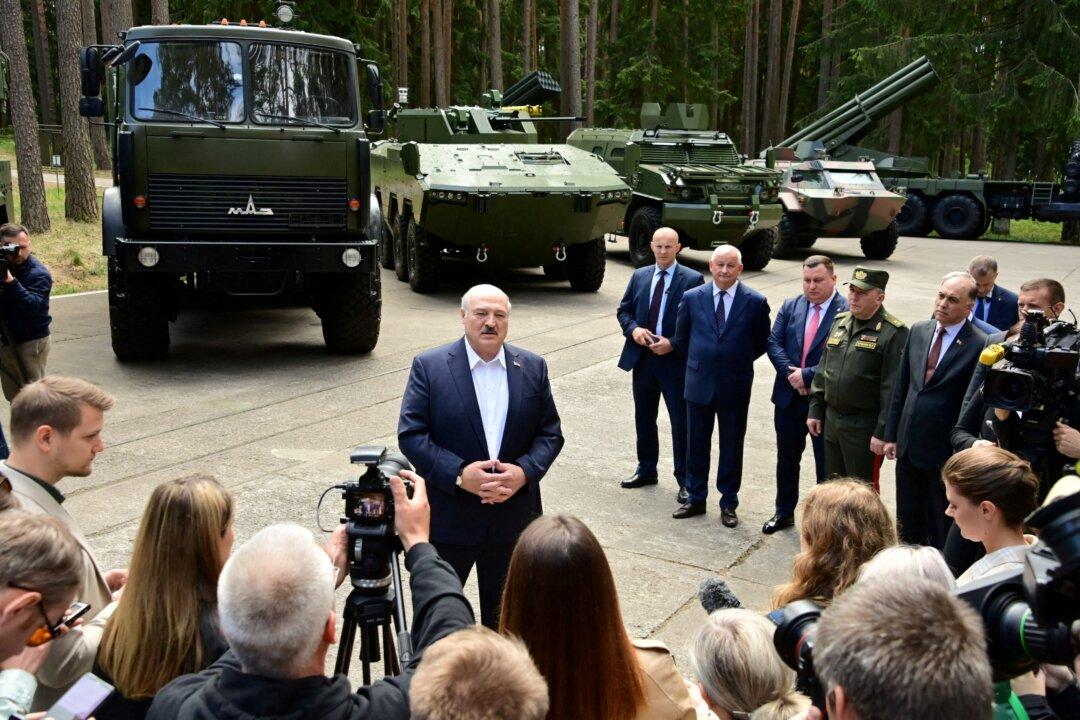Russian President Vladimir Putin planned to kill mutinous Wagner fighters marching on Moscow before being talked down, according to Belarusian President Alexander Lukashenko.
It is unclear how Putin planned to carry out his plan, but Lukashenko said during a June 27 meeting with military officials that the decision had been made to kill all the Wagner fighters who had mutinied, according to Belarusian state media.




